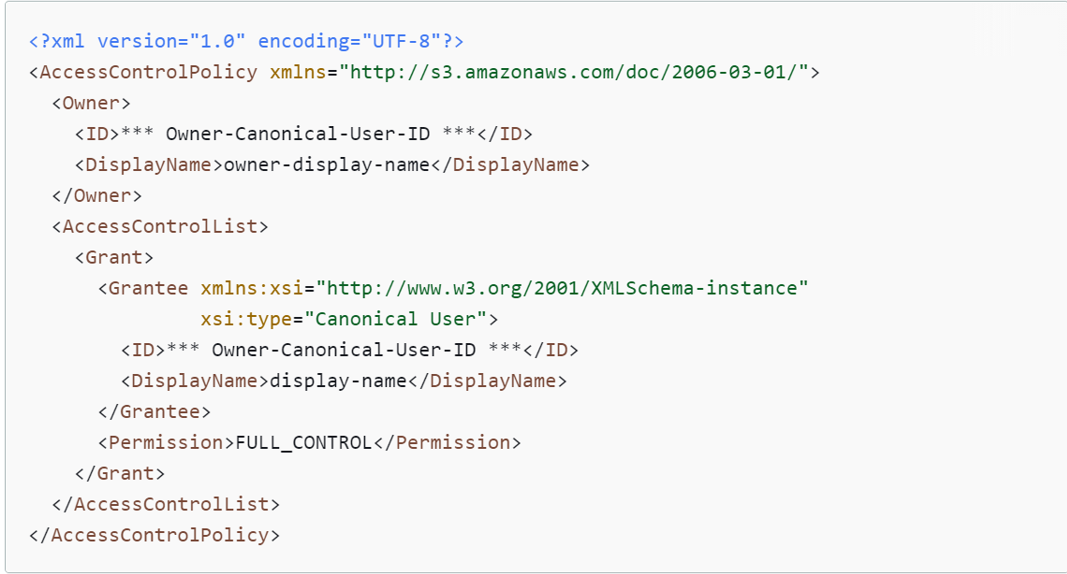A Minor Inconvenience
You took a break from work and started scrolling through your social media feed. Suddenly, you stop scrolling as your eyes fall on a headline that goes somewhat like, “Man accidentally deleted company database thanks to a coding error.” Shrugging it off as a marketing gimmick, you move on with the day. But later that night, right before you go to sleep, your brain throws the question – “How prepared are we in case something like this actually happens?” Here’s an article to answer that question.

Previously on Data Storage
The history of technology has essentially been the history of shrinking hardware. Information storage is no blip, for that matter. Organizations have always worked on relocating their investments to attain volumes of data stored in the most compressed spaces. While the general stimulus for this behavior has been the human need for innovation, data storage architects have also been concerned about irreversible data loss. Fires, equipment damage, external attacks, or even coding accidents have been a few of the bafflements against storing huge amounts of business-sensitive data. Many services have been developed to ensure data storage. Most of them have been about replicating sensitive data and storing it at multiple locations. However, managing these copies has been a headache of its own. That was, of course, until quite recently when the IT world found arguably the greatest disruption in Data storage so far – Cloud Storage.
The cloud storage providers, whether Amazon S3, Azure cloud storage, Google cloud, or any other popular name, inherently offer automated data protection strategies owing to what is called Data Redundancy. In this article, we will try to understand more about Data Redundancy. Using that knowledge, we will try to fix a few metrics to assess your cloud storage service.
Data Redundancy, an Increment to Your Familiar Data Backup
We all keep at least two copies of our house keys. One goes with your favorite keyring, while the other stays hidden below the flower pot outside the house. That is practically the approach that inspires Data Redundancy. Cloud Storage vendors allow multiple copies of business intensive data across multiple geographies. While one of the copies of your data might be in Singapore, the other might very well be under a sea! Such geo-replication ensures that even in the case of an unavoidable catastrophe, the data is not only secure but accessible.
Data redundancy is an exclusive offering by cloud storage. While data backup strategies so far were merely dealing with compressed data replicas stored within the organization’s infrastructure, cloud storage added an extra layer of global connectivity and performance scalability. Geo-replicas created by cloud storage is more manageable, readily accessible, and yet heavily secured. The data is encrypted using Prefect Forward secrecy cypher suites like DHE (Diffie-Hellman Ephermal) or ECDHE (Elliptic Curve Diffie-Hellman Ephermal that restrict its access and readability. The access network itself is guarded by security sensitive APIs and constant request monitoring solutions.
The next question that naturally comes up is – How do you opt for a cloud storage vendor based on its data redundancy offerings? Answering that question would and choosing the right cloud storage infrastructure needs a more nuanced discussion.
Data Redundancy Decisive Factors
Cloud Storage ensures that the risks of your data vulnerabilities don’t slow you down. Data Redundancy is a big help on that front. But how does one assess the efficacy of this site-to-site replication? The below decisive factors provide the answer.
Redundancy Level
Depending on the scale and size of your data, you might need multiple local and offsite replicas. While for a small size business, the regular N+1 redundancy works fine, greater levels would be required as you scale up. Moreover, local backups might be more easily recoverable in case of internal errors; offsite replicas are effective against unforeseen disasters and external attacks. This your cloud storage provider should be able to guide you in understanding your data needs and help you decide the redundancy level accordingly.
Access Security
The access security provided by your cloud storage vendor also needs to be probed for choosing the most secure redundancy services. Most suitable providers would use strict access control policies that would ensure that the local and offsite replicas aren’t accessible to unprivileged and unintended users. With the right policies and control lists, you can ensure that your backups, wherever they might be, are readily accessible yet secure.

Data Compliance
Redundant data across multiple geo-locations are likely to fall under varying compliance guidelines as per the administrative authorities. While choosing a cloud storage service provider, you should be inquisitive about the security and other policies maintained by them. The ownership policies and responsibilities should be well addressed in terms of user-roles, access control, user-identities, and other relevant factors. All these factors would need to comply with the standardized guidelines offered by the regulatory norms. Failing any of them might land your data replicas and organization in trouble.
Automation Services
Automation with Cloud is a given. Still, make sure that your cloud storage vendor specifically provides automation strategies for identifying critical information, timeline revisions, versioning, auto-saves, and reports. Data redundancy automation would also ensure that the replicas are compliant with the regulatory and access policies that you need to follow. In case of any mishap, automation strategies would quickly recover the data in the best available state and would let your employees carry-on with the work unhindered.
Secure Mobility
While cloud storage promises mobility and global access, you should be careful about the networks through which you would access the data copies when needed. Attacks like Denial of Service might jam up your network and delay or terminate the data recovery process. Make sure your cloud storage provider strategies like intermediate security components that help the network steer clear of any unwanted requests and ensure zero data outages due to delayed data recovery.
Conclusion
Data Redundancy is the perfect companion for your cloud storage infrastructure. The stronger strategies and policies for your geo-replicas, the stronger guarantee you would have for the uptime of your services. With the above discussed factors in mind, you can choose the best cloud storage services for your business and sleep well without worrying about fatal coding errors!